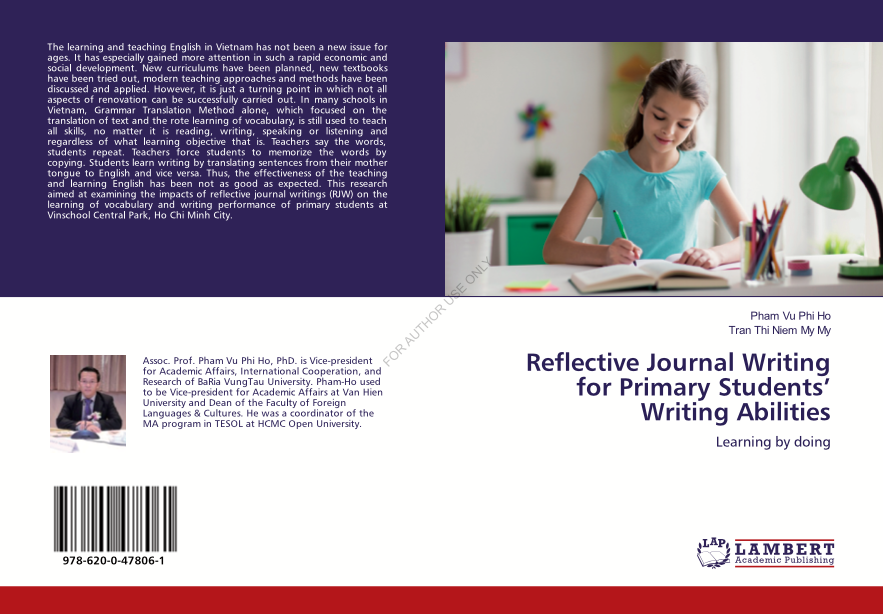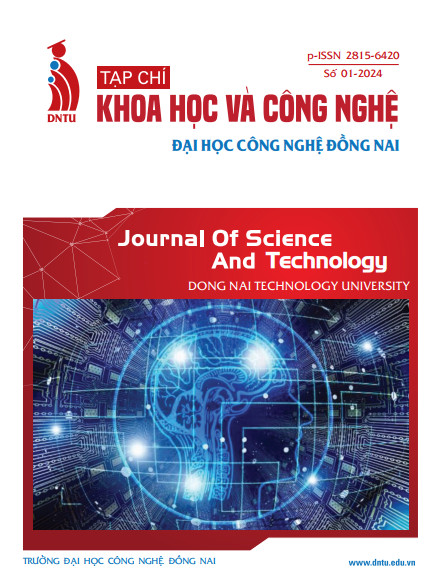
The learning and teaching English in Vietnam has not been a new issue for ages. It has especially gained more attention in such rapid economic and social development. New curriculums have been planned, new textbooks have been tried out, modern teaching approaches and methods have been discussed and applied. However, it is just a turning point in which not all aspects of renovation can be successfully carried out. In many schools in Vietnam, the Grammar Translation Method alone, which focused on the translation of text and the rote learning of vocabulary, is still used to teach all skills, no matter it is reading, writing, speaking or listening and regardless of what learning objective that is. Teachers say the words, students repeat. Teachers force students to memorize words by copying. Students learn writing by translating sentences from their mother tongue to English and vice versa. Thus, the effectiveness of teaching and learning English has been not as good as expected. This research aimed at examining the impacts of reflective journal writings (RJW) on the learning of vocabulary and writing performance of primary students at Vinschool Central Park, Ho Chi Minh City. The quasi-experimental research design was used in this study. 60 primary students of level 3 in the 12-level English proficiency scale aged from 8 to 10 participated in the study. These 60 students were divided into two groups of 30 including control and experimental one. Both groups were taught with Communicative Language Teaching (CLT) method, but the treatment group wrote reflective journals in the wrap-up phase of every vocabulary lesson in 3 months, while the control group took the regular spelling and writing practice in the wrap-up phase. Pre-test and post-test were used to measure their progress before and after the reflective journal writing experiment. Each test paper was marked separately by two raters, then the final score was the average number of these two scores. The findings disclosed that the achievement in the participants’ writing skills and vocabulary mastery in terms of vocabulary quantity, spelling, word meaning in specific contexts, and word use of the treatment group is considerably better than that of the control group. The research also confirmed the positive influence of RJW on students’ abilities to remember the words, use words in context, writing fluency and accuracy. The results might have pedagogically significant implications for material developers, language teachers, and students.
Sales


